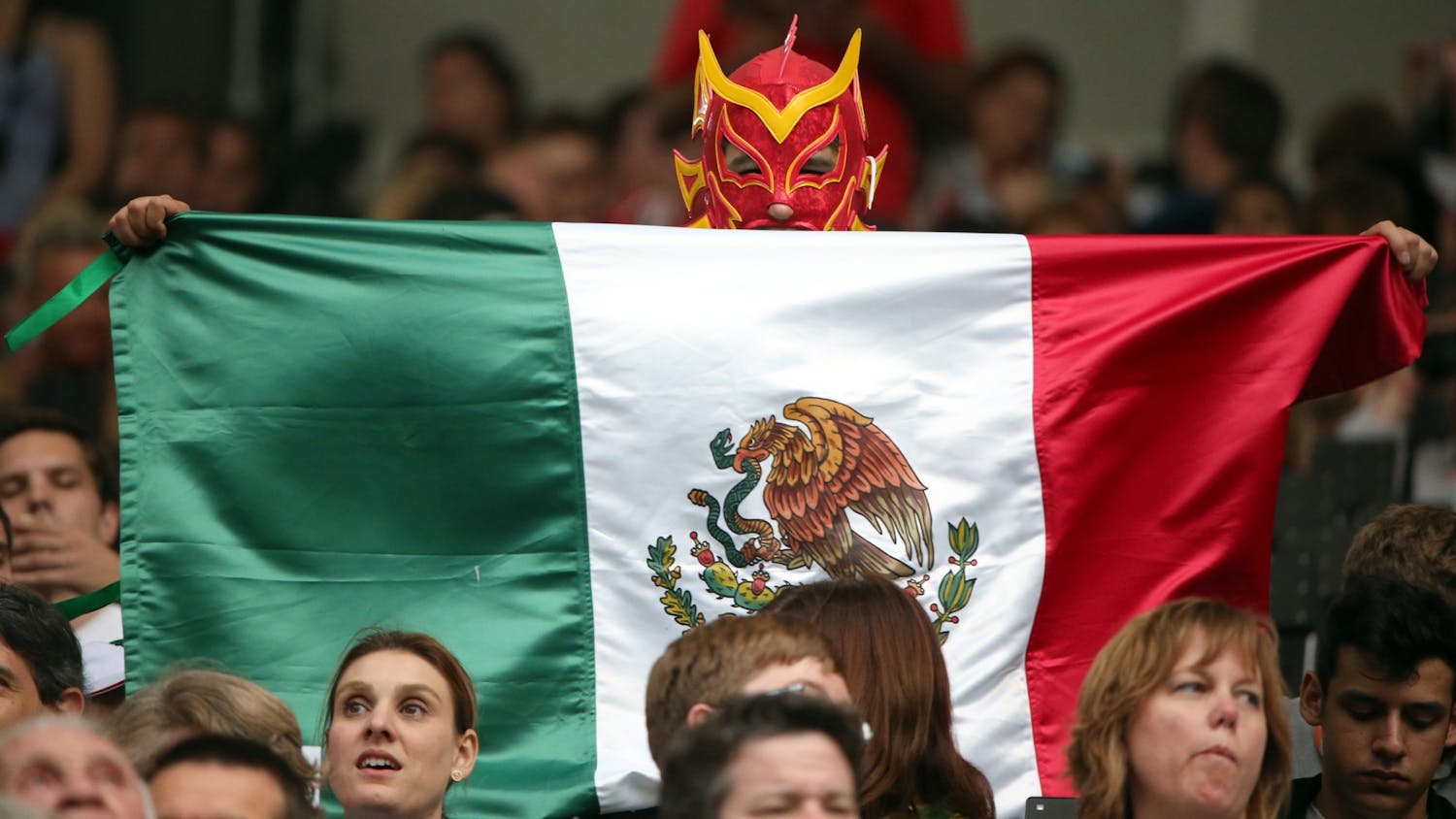In 2015, Dr. Robin DiAngelo coined the term “white fragility” in a famous article discussing the difficulties white people have talking about racism. In the article he claims most white people can deal with very little discomfort when talking about different cultures because they have had very little experience with other cultures. Therefore, they react in ways that are not conducive to having honest conversations about racism and the differences in cultures.
I would take his claim a step further and say fragility exists in most parts of our current culture toward almost everything that makes us feel uncomfortable.
This is evident in the unwillingness of college students across America to listen to people whose views differ from theirs. Since 2000, more than 300 attempts have been made by various college groups to disinvite speakers from their campuses, according to the Foundation for Individual Rights in Education, a group that aims to protect free speech on college campuses. Student groups from both the left and right have tried to keep anyone from then-president George W. Bush to rapper Sean Combs from speaking at commencements and debates on their campuses.
Additionally, one of the major points of DiAngelo’s “white fragility” says people who are white keep themselves from “race-based stress” by isolating themselves from interests and perspectives that challenge the normality of white culture.
Our society practices the same concept as a whole on social media. In 2016, it was reported that 60 percent of people found it stressful and frustrating to talk to people they disagreed with politically on social media. As a result almost 40 percent of people blocked or unfriended people on social media because they posted things they did not agree with.
The culture around us has become one that talks a lot about tolerance, but blocks opposing views from our schools and our social media. We seem to have become a culture that is fragile.
There are many different explanations for this fragility, but perhaps the biggest influencer is people’s tendency to think in black and white, which is also called thinking in binaries. Coming from our subconscious brain’s need to make split-second decisions, we tend to see ideas as fitting in only one of two polar opposite categories when we are under stress. This works well when trying to decide whether to fight a bear or run very fast in the opposite direction, but when dealing with the intricacies of the cultures and beliefs with others, seeing one side as right and the other as wrong simply fails to be effective. Our culture’s fragility is causing several problems. An obvious one is the most polarity our country has seen since perhaps the Civil War. A country built on the compromise of people such as Alexander Hamilton and Thomas Jefferson has rarely been so unwilling to have healthy conversation.
People are less willing than ever to see, hear or talk about ideas and topics they don’t like or agree with. Trigger warnings guarantee we don’t have to perceive things that cause us discomfort and Political correctness says we don’t ever have to be offended.
DiAngelo’s “white fragility” is just a part of American fragility. The things he sees on a racial spectrum largely apply to the overall culture of today’s America, especially on college campuses. Only when we recognize this fragility and its negative effect on our country will we be able to take the hard steps to begin to be the culture of tolerance and openness we want to be.
sbreinoe@umail.iu.edu




